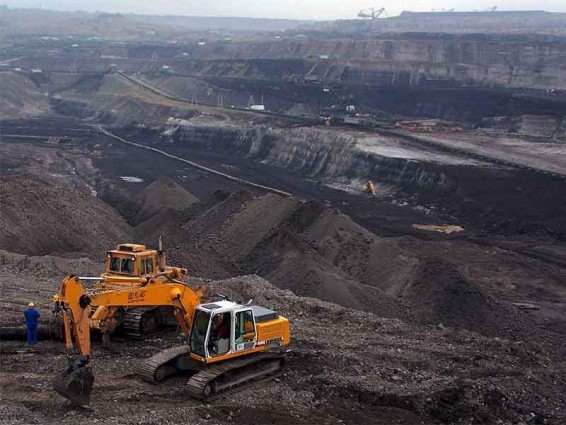THARPARKAR: The quality of water wells around Gorano reservoir has improved in last ten and the salinity level of wells has decreased, a third-party laboratory report submitted to the Sindh Environment Protection Agency (SEPA) stated on Sunday.
The lab report has certified that “an overall decrease in TDS (Salinity) over a period of 10 months is observed in Gorano pond and peripheral areas”.
An independent monitoring consultant, Global Environmental Labs (GEL) have been evaluating samples of 15 wells situated in villages around Gorano pond and submitting to SEPA as regular environment monitoring obligation.
GEL was established in 1996, is the first dedicated environmental lab of Pakistan that is owned and managed by the private sector. After more than a decade of meticulous research and development, the lab has grown from initial operations being limited to the effluent analysis of certain parameters of NEQS to the additions of specialized and highly skilled services.
Gorano Reservoir is a 1500 acre pond situated in Taulka of Islamkot, where Sindh Engro Coal Mining Company (SECMC), mining firm operating in Thar Coal Block II, discharging natural Groundwater (with no industrial or domestic effluent) essentially required to be extracted for construction of Pakistan’s first mechanized open pit coal mine.
The lab reports suggest that they had tested 15 water samples from drinking water wells from villages of Gorano, Kaatan, Hajam, Kolhi g Dhani and Meghwar g Dhani on 15th December 2016. The water quality of same wells was again tested on 12th September 2017, after which it is evident that the water quality has improved significantly or remain unchanged.
It is also proved that the scale of acidity or alkalinity (pH) among water samples currently taken are within the permissible limits of World Health Organization (WHO).
When contacted, Faisal Iqbal Siddiqui, General Manager Technical, SECMC said that recent water quality results by an independent monitor are very encouraging. He said that they have been discharging water in Gorano Reservoir since March 2017 and claims of polluting water wells in surroundings have proved unsubstantiated after the lab report.
He argued that they are utilizing mine water to grow crops under two different pilot projects of Bio-Saline agriculture. “Results are encouraging as we have been able to grow cotton, vegetables and different varieties of fodder,” he said.




